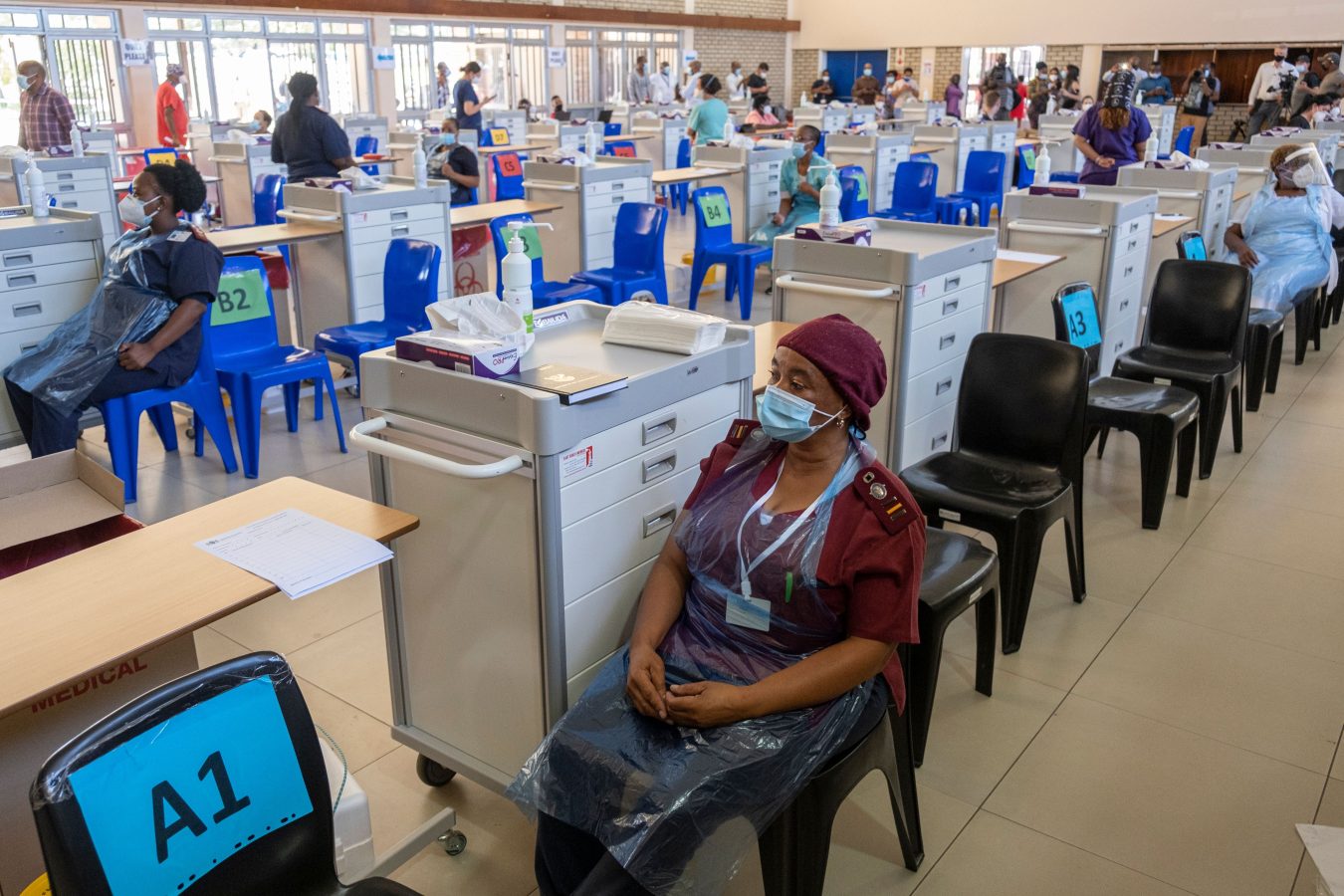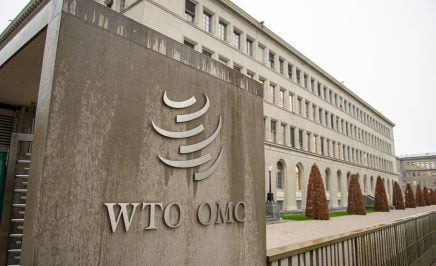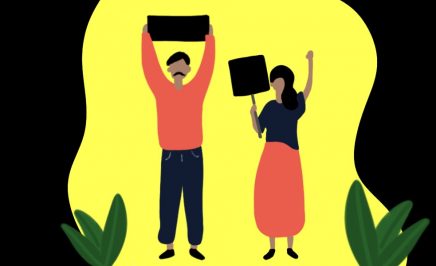In an unprecedented global health crisis, COVID-19 has led to the deaths of millions of people around the world. It has highlighted and magnified inequalities, and disproportionately affected marginalised populations. It has also led to government measures that threaten a range of human rights including restrictions on freedom of movement. In this context it is essential that extraordinary global efforts to develop, manufacture and distribute vaccines for COVID-19 are conducted in ways that respect human rights.
Where do our human rights come from?
The right to the highest attainable standard of physical and mental health is found in several international human rights treaties, including the Universal Declaration on Human Rights (UDHR) and the International Covenant on Economic, Social and Cultural Rights (ICESCR). Australia is a signatory to both these treaties and is legally bound to uphold the right to health.
Why vaccines?
The best evidence available shows that mass vaccination is the only way to achieve herd immunity against COVID-19 and its variants – this is where enough people have developed protection from transmission and infection so that all people benefit, including those who have not been immunised.
Vaccine mandates
While there are legitimate public health reasons to aim for as many people as possible to be vaccinated, governments must not impose blanket vaccination mandates and should seek to ensure that vaccination is with full consent. Not doing so has the potential to infringe upon human rights for two key reasons:
- All individuals have the right to prior, free and informed consent for any medical procedure including vaccination. This means people have the right to choose whether or not they wish to be vaccinated.
- Blanket mandates do not take into account specific contexts and the circumstances faced by particular populations. As a result, blanket mandates can have a discriminatory and disproportionate impact upon some groups, such as Indigenous communities who may not trust health authorities due to historical marginalisation and abuses in clinical studies.
For these reasons, governments should focus on increasing voluntary uptake, rather than imposing mandates on COVID-19 vaccines. To achieve this, governments should provide accurate and evidence-based information, in formats that are accessible to everyone, about the availability, necessity and effectiveness of vaccinations.
Are all vaccine mandates unlawful?
International human rights law allows for certain rights to be limited under specific circumstances where it is provided by law, and it is necessary and proportionate to a legitimate aim, such as the protection of public health. This means that there are some limited exceptions that may allow governments to impose targeted vaccine mandates under particular circumstances. These requirements include situations where people are not forced to be vaccinated, but their employment, freedom of movement or entry to certain venues may be contingent upon an immunisation requirement. In these cases, additional human rights, such as the right to decent work, also are at stake and need to be taken into account accordingly.
How do we know which mandates are lawful?
The Siracusa Principles on the Limitation and Derogation of Provisions in the ICCPR provide specific guidance on when and how restrictions to human rights may be implemented.
Any potential vaccine requirement must reflect the following principles:
- pursues a legitimate aim, like preventing disease or injury. Any requirement needs to be a necessary, proportionate and a reasonable measure to achieve this aim, using an evidence-based rationale that explains why the aim cannot be achieved with less restrictive measures. The onus is on governments to show that there are no less restrictive means available to achieve the set aim;
- exists under a limited scope and time and does not have a discriminatory effect on groups that experience historical and structural discrimination;
- subject to periodic review, with an accessible independent process that regularly reviews the effectiveness of the measures in place, ensuring they are based on the most advanced, up-to-date, accepted and verifiable science available. Reviews should allow for opportunities to revise the policy or implementation plan, while allowing freedom to challenge and receive a remedy for any abusive application, including the potential harmful effect on other rights; and
- contain accessible and sufficient information to enable individuals and communities to regulate their conduct accordingly, allowing for reasonable exceptions to avoid negative impacts on other human rights without involving punitive measures such as fines for non-compliance.
Adequate opt-out options such as medical exemptions, or alternate solutions to mitigate or eliminate these risks should also be provided. Additionally, for a requirement to be reasonable, governments must ensure that vaccines are widely and readily accessible for those who would be affected by a requirement, free at point of care and that there are no barriers that could impede access.
What about private businesses?
While businesses have a responsibility to respect all human rights, governments have an obligation to regulate private actors and ensure their actions do not infringe on people’s rights. Therefore, any restriction laid out by private actors would also need to be in accordance with the parameters laid out for governments.
Moreover, it is the role of governments to monitor and regulate potential restrictions. Within this context, it is necessary to consider the nature of the business and the impact that any vaccine requirement would have on other human rights. For example, there is a significant difference between restricting access to essential services such as supermarkets or pharmacies, as opposed to hospitality or entertainment venues.
Furthermore, businesses should consider whether less restrictive alternatives such as personal protective equipment, physical distancing or testing could meet the objective, and whether they could be provided as options instead of a vaccine requirement.
A Human Rights Act
Human rights protect us all, ensuring every single person in our society is treated fairly and justly. Australia is the only liberal democracy without a bill of rights or an equivalent law that protects the rights of all people. Currently, all human rights protections are found in a range of legislation which are complex, decentralised and sometimes only implied.
We envision an Australia where everyone is treated with equality, justice, dignity and respect, no matter who you are or what you believe. Implementing a Human Rights Act enshrined in law would make a real and meaningful improvement to human rights protection and have the additional benefit of untangling the current spaghetti bowl of legislation.
A Human Rights Act would ensure that these inherent rights are balanced and considered with the protection of public health.
How you can take action
The government must legislate a Human Rights Act so that people have the power to take action when their human rights are violated, and so that everyone’s rights are respected and protected.
- Sign the petition calling on the Albanese government to legislate a Human Rights Act
- Email your local MP and let them know you support protecting all our human rights in law.
As a global movement of 10 million people, and 500,000 people in Australia, Amnesty International has the people power to build public support for a Human Rights Act. Learn more about what are human rights and our Human Rights Act campaign work.





